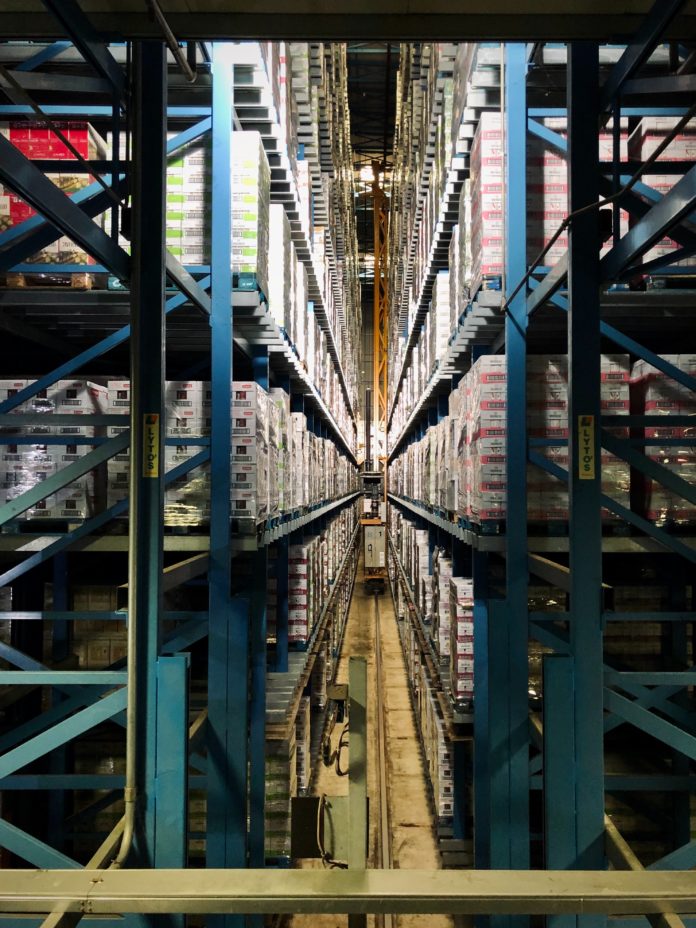Building on the momentum towards digitalisation and the broader need to strengthen our supply chains, Enterprise Singapore (ESG) and the Infocomm Media Development Authority (IMDA) have refreshed the Logistics Industry Digital Plan (IDP).
The refreshed Logistics IDP will provide a clearer digital roadmap for businesses in the sector. In addition, with more SMEs in the sector diversifying to provide multimodal transport services, from point of pick up to final destination, the Logistics IDP has been expanded to include SMEs that provide air transport support services.
Two digital roadmaps have been developed – the IDP Digital Roadmap lays out digital solutions for SMEs at different stages of growth, and the IDP Digital Training Roadmap offers a corresponding training roadmap for workers.
Enhancements in the refreshed Logistics IDP were developed in consultation with enterprises as well as industry partners including Trade Associations and Chambers
(TACs) such as the Singapore Logistics Association, and the Centre of Innovation for Supply Chain Management at Republic Polytechnic (COI-SCM).
New sources of support for Logistics SMEs to digitalise
Under the IDP Digital Roadmap, SMEs can make use of a new online self-assessment checklist to better understand their digital maturity and readiness, as well as identify gaps in their digital capabilities that may translate to new opportunities for improvement and growth. The checklist considers factors such as the company’s current business operations, level of digitalisation, and business expansion plans.
Five new solutions have also been added to the IDP Digital Roadmap to enable SMEs to carry out real-time data-driven decision making and support digital collaboration among supply chain stakeholders. These solutions are (i) Digital Trade Platform, (ii) Supply Chain Analytics, (iii) Efficient Energy Management, (iv) Distributed Ledger Technology in transportation, and (v) Augmented Reality (AR) / Virtual Reality (VR) for training and operation.
Continual workforce upskilling would be important in optimising the benefits digital transformation bring to businesses. Under the new IDP Digital Training Roadmap, SMEs will now be able to tailor training programmes to meet the needs of different workers in various job roles. The roadmap further classifies digital skills into two categories – tech basics and tech advanced – to offer more tailored support to prepare workers for a digital work environment.
These digital skills are becoming increasingly relevant as SMEs progressively transform, and existing jobs are redesigned or new job functions emerge as a result. The training roadmap can also serve as a guide for young or mid-career professionals who are keen to join the sector.
With additional support for those providing air transport support services, SMEs in this sector can reap efficiency gains through the adoption of digital systems and use of real time data. By having greater visibility of asset movements, freight forwarders will be able to enhance their on-time delivery performance, and improve customer service.
Other partners and resources are also available to complement the Logistics IDP and support businesses in building digital capability. This includes Business Advisors at the SME Centres and SME Digital Tech Hub.
Together, they provide business advisory on digital solutions and specialised digital consultancies. In addition, the COI-SCM4 is a new partner of the IDP to help SMEs to improve process efficiency and upskill their workforce through its capability development programmes.
Supporting the sector at large
Mr Satvinder Singh, Assistant Chief Executive Officer of ESG said, “The pandemic has underscored the importance of digital tools in helping SMEs adapt to the changing business environment quickly. With better supply chain visibility brought on by digitalisation, logistics SMEs can make informed data-driven business decisions to support growth strategies, improve customer service and assure business continuity.
“The refreshed Logistics IDP is a timely guide for SMEs to acquire new digital capabilities that benefit both companies and its employees.”
Ms Jane Lim, Assistant Chief Executive, IMDA said, “COVID-19 has accentuated the need for digitalisation in many sectors including Logistics. Logistics SMEs also provide critical support to digitalisation in other industries, such as last mile delivery for e-commerce in retail. The new solutions in the Logistics Digital Roadmap enable our SMEs to rise up to this challenge by improving efficiency, accuracy and trust in their operations and transactions with business partners. The new Digital Training Roadmap complements this by helping Logistics SMEs to identify the training required for their workforce to use the new solutions effectively.
“Training and solution adoption go hand in hand in ensuring business continuity with a resilient and skilled workforce,”














